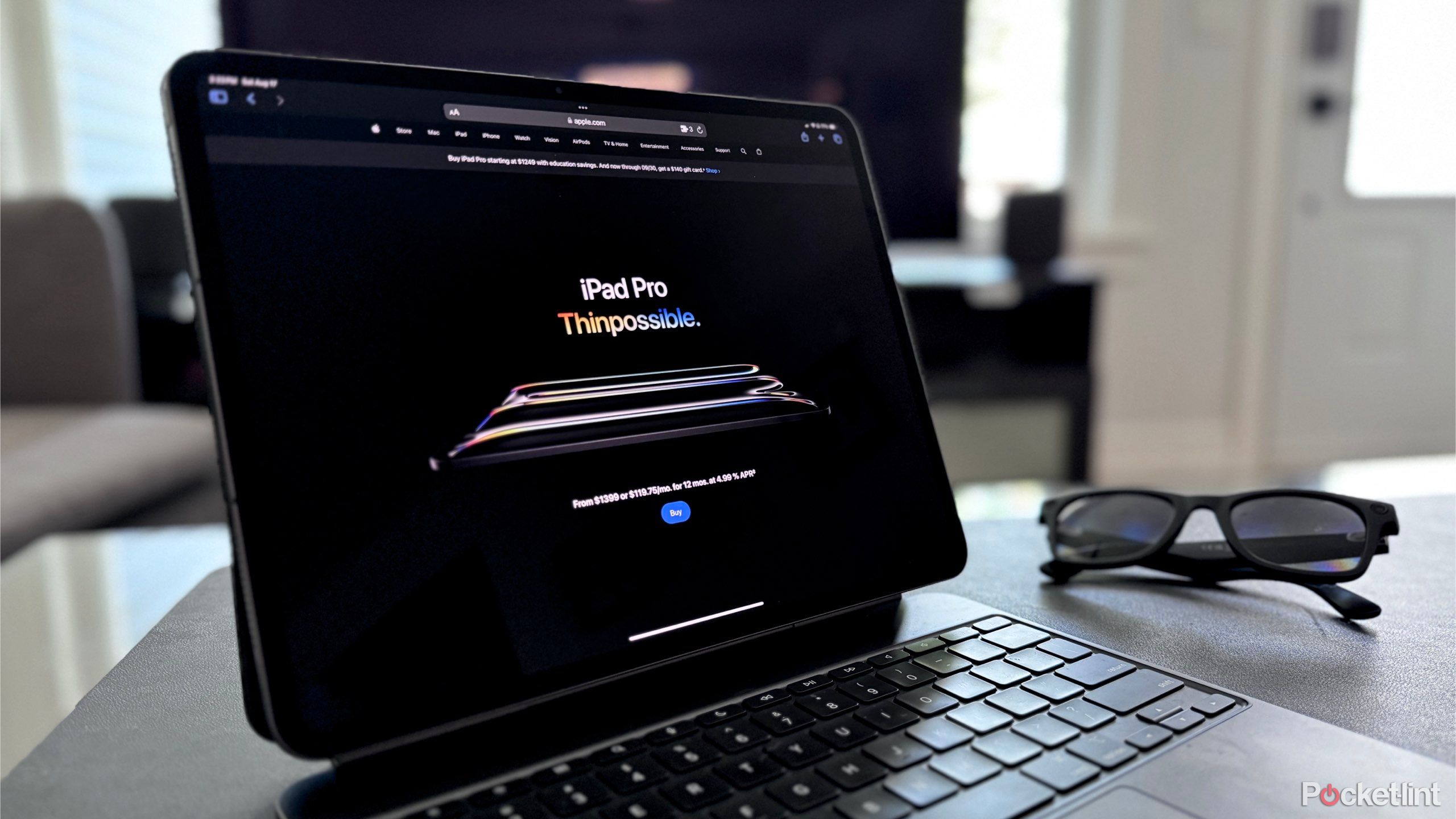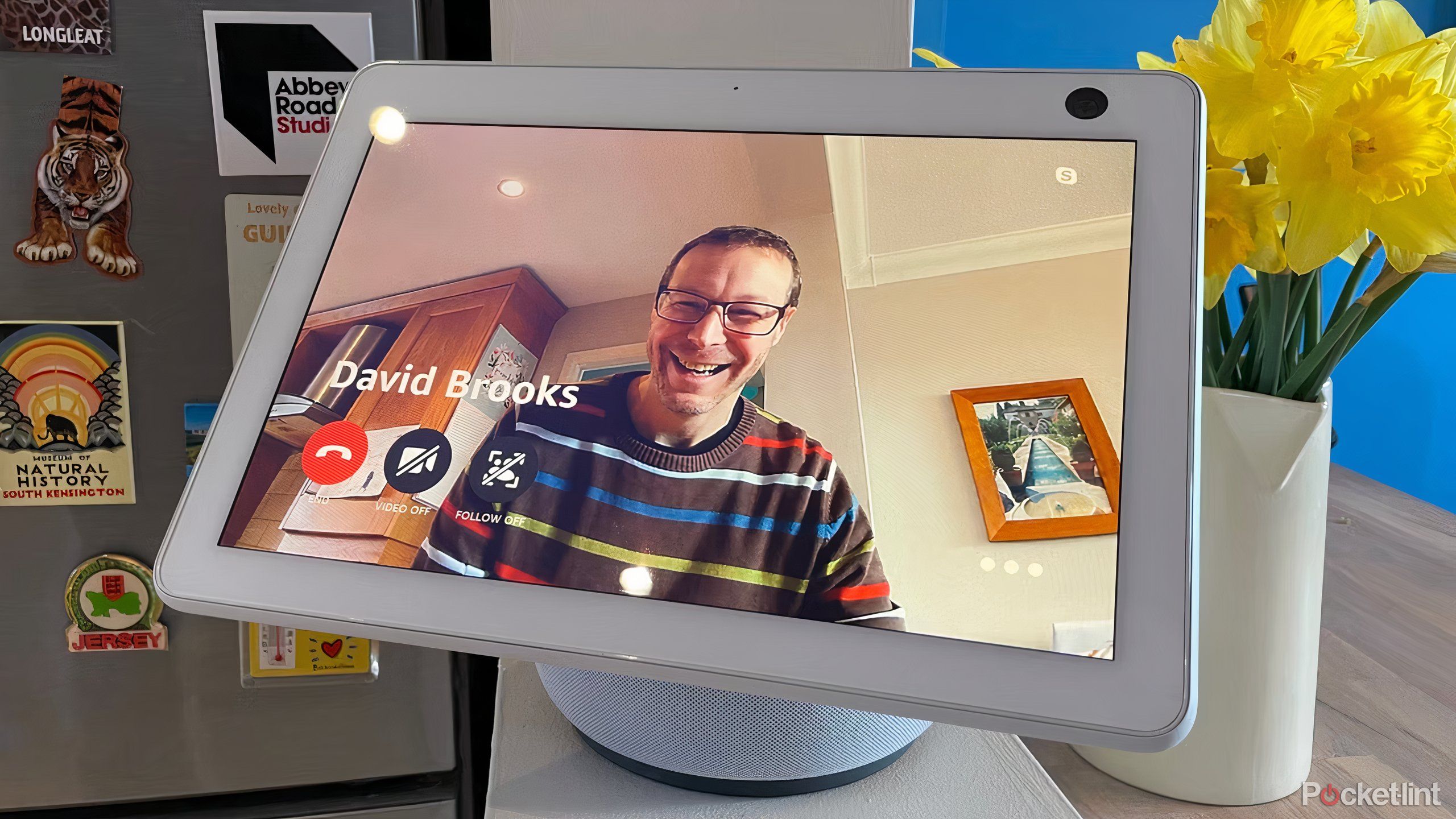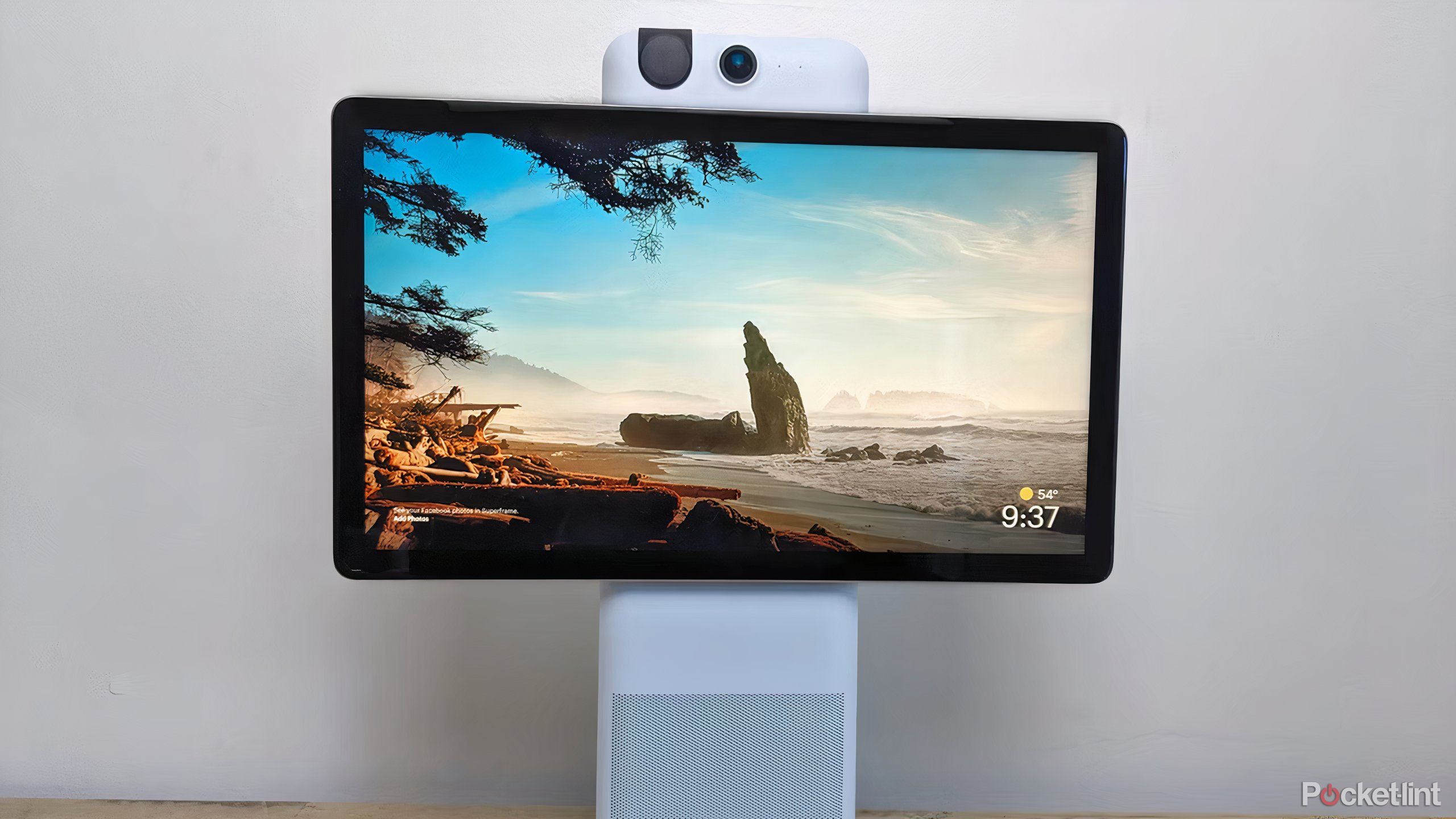Key Takeaways
- Lenovo has announced the Auto-Twist AI PC, a unique laptop that can open, rotate, and fold on its own.
- The concept utilizes a new motorized hinge, enhancing video calls and offering accessibility benefits.
- Apple and other tech giants are exploring similar robotic screens, reflecting a potential new tech trend.
Lenovo announced a wealth of new laptops at IFA 2024 as is to be expected, but one of the most interesting is a proof of concept device. It’s called the Auto-Twist AI PC, and unlike just about every other laptop out there, it can open, rotate, and fold, completely on its own.
While no stranger to out-there computer ideas — this is the same company that strapped an E Ink screen to the lid of a computer — the Auto-Twist AI is more important because of the way it connects to a larger trend in the industry. As the classic smartphone, tablet, and laptop form factors have started to grow stale, companies are starting to look at new kinds of personal electronics, not just that you wear, but that move for you. The Auto-Twist AI is yet another example of Lenovo’s experimental nature, but also a glimpse of the next great tech trend: screens that follow you.
Auto-Twist Al is about more than making a hands-free convertible
A new motorized hinge gives it a mind of its own
The concept is built in the body of a ThinkBook. It has, by all appearances, many of the markers of Lenovo’s storied brand, like a sturdy body, and what looks like an excellent keyboard. Where it differentiates itself is in its hinge.
According to Lenovo, the new folding and rotating mechanism attached to the display is called the Dual Degree of Freedom Antmatic Rotation System (DARS). Mounted in the center of your laptop, rather than the corners, it’s capable of multiple types of movement:
- It can rotate around 180-degrees if you need to demonstrate something.
- It can fold and rotate flat to convert into a tablet mode.
- And it can even turn and track you during calls with its “AI Camera.”
Improving video calls seems like a big plus of the device. In comparison to other tracking systems, like Apple’s Center Stage, which crops a wider frame to follow you around the room, you shouldn’t have to deal with lower-quality video to reap the benefits.
Lenovo has to push its productivity message, but there are clear accessibility and security benefits to what the Auto-Twist AI PC offers. A laptop that can open, close, and convert on its own is immediately more useful to someone who might otherwise struggle to open and use their computer on their own. Because the proof of concept is designed to automatically close itself when it detects there’s no one in front of the screen, it’s theoretically more secure, too.
Why robotics and consumer tech are fusing
Apple has its own moving screen in the works
It might seem generous to call what Lenovo has built a robot, but in the way that it moves on its own with some sense of independence and takes care of work (opening, closing, and rotating) that would have normally been handled by a person, it kind of is. At the very least, it’s a screen designed to follow you around, a new type of device that could get entries from major competitors in the next few years.
After the failure of Apple’s car project, and the middling response to the Vision Pro from the wider public, Apple’s next area of focus is reportedly smart home robotics. The company’s first product is something like an iPad on a robotic arm, according to Bloomberg. The device is designed to be “a smart home command center, videoconferencing machine, and remote-controlled home security tool,” and will be controlled by talking to Siri, leveraging the new capabilities of Apple Intelligence.
It might seem generous to call what Lenovo has built a robot, but in the sense that it moves on its own with some sense of independence and takes care of work (opening, closing, and rotating) that would have normally been handled by a person, it kind of is.
The new smart display can reportedly respond to different users’ voices, and track movements so that the device’s display is always facing whoever needs it next. It’s not hard to imagine how that might work in a kitchen if you need to keep a recipe handy, or in an office, if you need to stay in frame while giving a presentation, not unlike Lenovo’s simpler laptop concept.
Amazon and Meta have tried this kind of smart display before
As is often the case, Apple isn’t the first to this idea. Meta had a line of different sized videoconferencing devices called Portal, with Amazon Alexa built-in and even adjustable screens. They weren’t motorized like Apple’s rumored concept, but they covered more or less all the same functionality, just with an emphasis on Meta services like Messenger and Whatsapp. Meta ultimately discontinued the Portal line in 2022 after trying to pivot to serving business customers exclusively.
Amazon also created its own version of a moving screen with the Echo Show 10. The smart display isn’t mounted on an arm, but instead can rotate in a circle around its base to track you during a video call. Save for the ability to tap into the Show 10’s camera feed to pan around the room while you’re away from home, it’s otherwise a classic Alexa device. It’s good for simple voice commands, watching videos, and triggering smart home functionality, but it’s not really a computer in the sense that an “iPad on a robot arm” could be.
A future where a screen is always nearby
To be clear, there’s no way of knowing if Apple’s version will go beyond these older products, but the emphasis on Apple Intelligence, and the general hunger for some new kind of product category to make up for slowing iPhone sales feels like it could lead to something interesting. It helps that an AI-powered device that can move on its own fits a widely-held image of the “future.” People don’t expect to be waited on by robots, but the possibility of more things becoming automated generally makes people excited.
Lenovo’s Auto-Twist AI PC Proof of Concept isn’t for sale, but it’s not unreasonable to expect some version of a motorized display to pop up on a real consumer laptop down the line. Even if motors wear down and moving parts make things harder to repair, there’s no denying it’s a cool idea that makes sense. We’ll have to wait and see if the idea catches on with competitors, but we very well may be at the start of a wave of screens that move coming in the next five years.
Credit : Source Post




